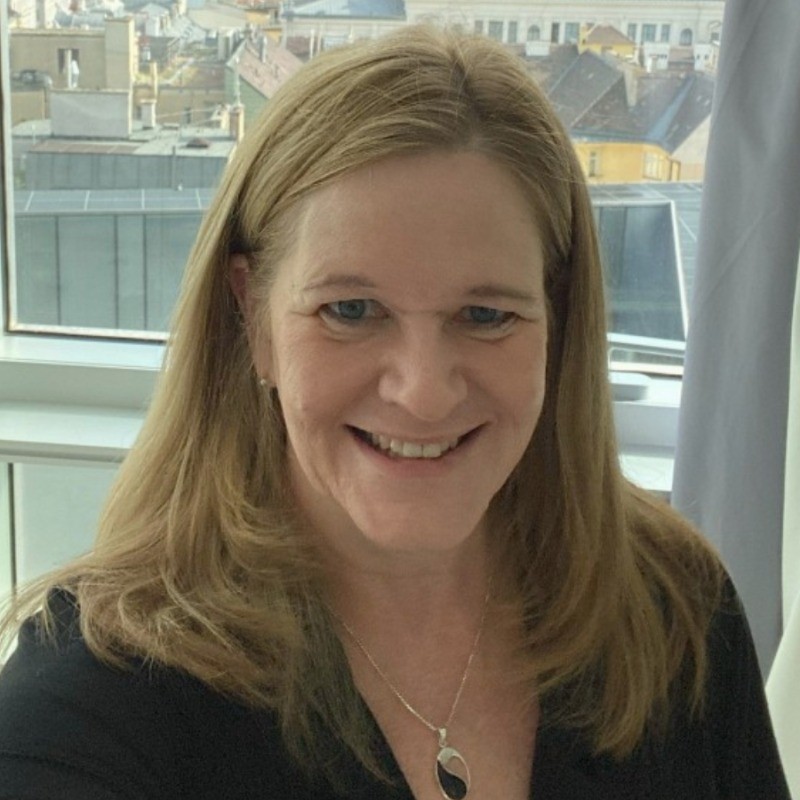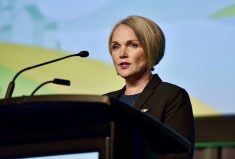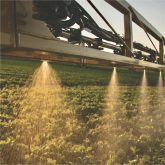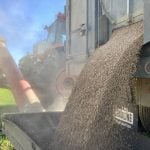Through this winter, we have asked ag industry experts to tell us about the big changes they see coming to the sector over the next 20 years. Some identified the potential for huge changes to the way we produce food — whether farmers will be gathering reams of data directly from plants and animals, or whether our foods will be somehow brewed up in a factory.
Other experts talked about climate, using a definition of “climate” that includes not only the physical climate but the political and regulatory climate as well.
It takes some courage to forecast 20 years into the future, even if the questions we asked our experts were focused mainly on the parts of our industry that they know best. Still, they do have the most concrete information at hand, so they can look into the future with some confidence.
Read Also
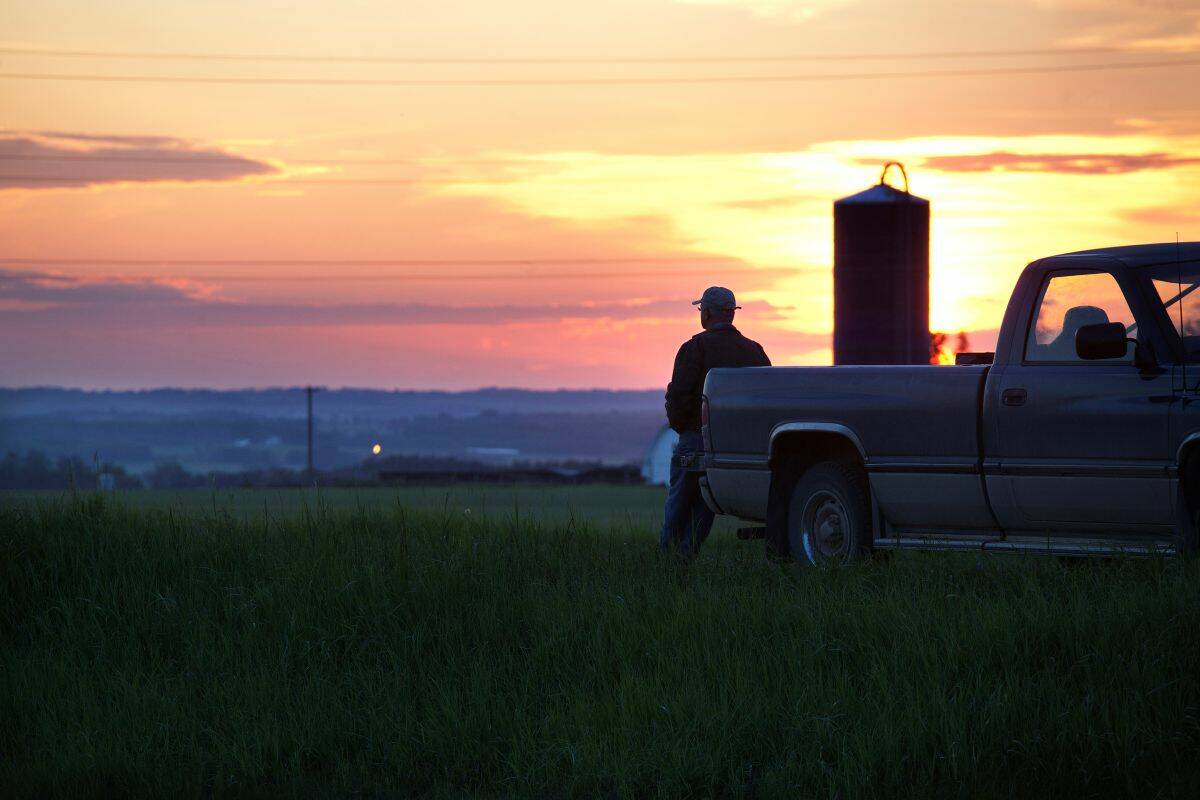
It doesn’t have to be the end for your farm
Options for farmers without successors to pass on the farm.
For farmers, looking into the future takes courage. In fact, it can take much more courage for them than for our experts, because for a farmer, anticipating the future means keeping up-to-date on a wide range of areas, from production technology to food preferences around the world. When you add this job to everything you need to keep on top of in order to run your farm, the task seems impossible.
So, what is the best way for farmers to prepare for the future? Well, one thing we know is that farmers will need to quickly adapt to changing market and regulatory conditions. As we were told in our sixth column by Alanna Koch, the Saskatchewan farmer and industry professional, we’re going to need to stay aware of changing regulations and legislation.
Also, as Robert Saik, agricultural entrepreneur and consultant advised, we’re going to need to keep our “mental machinery” strong, and we’re going to have make it a priority to invest in ourselves. We’ll need to have one eye on the weather as we adapt to climate change too, as farmer and CFA president Mary Robinson pointed out.
And we’ll have to cope with potentially massive disruptions, with both food professor Simon Somogyi and Sylvie Cloutier, CEO of CTAQ, the voice of the Quebec food industry, predicting that the production of everything from “meat” to “milk” may move inside giant new chemical factories, with similarly huge changes in the way the proteins they produce are consumed.
Focus on flexibility
It’s easy to say farmers should be flexible. But what does that actually mean and how do we do it? Canadian agricultural futurist Jim Carroll says the only way to adapt and be flexible is to have a positive mindset.
“All the trends are sort of secondary,” Carroll says. “If you don’t have the mindset, the future is not going to mean anything to you.”
We all know someone who refuses to convert to new technology long after it’s become standard industry practice. Or, worse, we know farmers who won’t change their practices until the old-style way they do things actually becomes illegal.
If you want to be flexible, don’t be that farmer.
In a list of 10 business strategies posted on his website, Carroll has included “Embrace the chaos: volatility is the new normal. Run with it.” Another strategy he has listed is “Accept Inevitability: your business model is changing forever. Stop fighting it!”
Farmers who can work within either or both of these strategies will stay flexible and remain successful.
“There’s a whole bunch of new technology coming at us, and we’re going to take it in and bring it on,” Carroll says. Farmers are typically innovative and willing to take chances on investments. Carroll says farming is one of the few industries where big investments are made by people “with no idea of how things are going to unfold.”
Despite changing weather, prices and consumer demand, we continue to do our best to increase production.
The best way to stay flexible is to be willing to adapt to the future. Carroll says this willingness comes from curiosity, exploration and learning. “Get out of your typical bubble,” he says. “Find people you wouldn’t normally talk to.” Talk to younger people. Use social media to seek out opinions you might not agree with. And most of all try to stay positive. As Carroll puts it, “are you open to the future, or aren’t you?”

